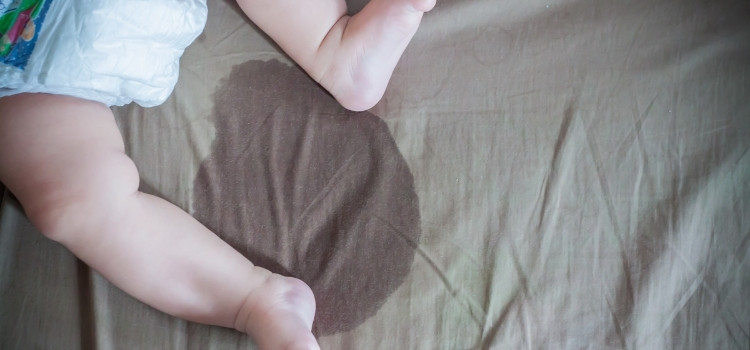

Bed Wetting or nocturnal enuresis is the act of accidentally urinating or involuntary urinating during sleep. Bed Wetting is common in children, even after toilet training.
Most children don’t make their bed wet when they grow up. This usually occurs between the ages of 4 and 6 years. If your child is over 12 years old and has been wetting the bed two or more times a week for at least three months, your doctor may suspect a sleep problem.
While sleep apnea isn’t usually serious, it can be stressful for your child and family. A child who wets the bed may feel embarrassed or ashamed. While away from home, they may avoid activities such as sleeping for fear of wetting the bed.
It is important to understand that bedwetting is not caused by poor toilet training or laziness. Many factors cause nocturnal enuresis (bed wetting) in children and adults.
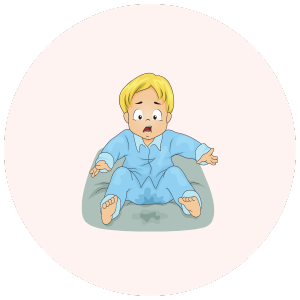
Nocturnal Enuresis (Bedwetting) Symptoms
Various emotional and behavioral signs associated with bedwetting in individuals with sleep apnea.
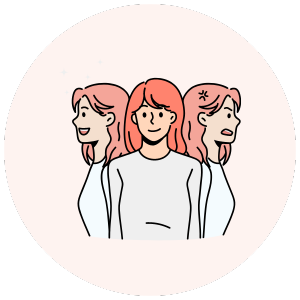
Emotional Impact
Emotions of embarrassment, shame, and anxiety due to experiencing bedwetting during sleep apnea episodes.
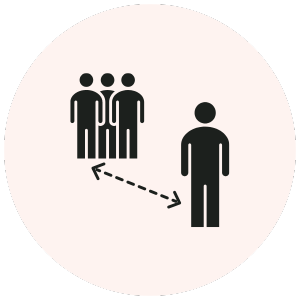
Social Avoidance
Avoidance of social interactions during nighttime, such as sharing a bed with others, as a result of the fear of bedwetting incidents.
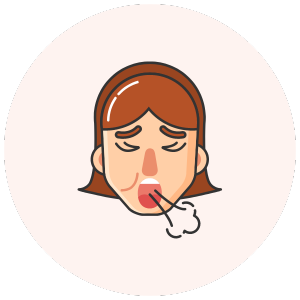
Temporary Nature of Symptoms
While the emotional symptoms related to bedwetting are transient and tend to subside once sleep apnea is addressed, they can significantly impact a person’s well-being when they do occur.
There is no acknowledged cause of bed wetting, but several factors may play a role:
Bed Wetting in Children’s
Bed Wetting in Adults
At Afecto Homeopathy® Clinic, we know every patient is unique and their health requirements necessitate individualized care. To assist you attain your utmost well-being, we are committed to offering comprehensive and holistic care.
Homeopathic medicine offers various benefits for patients. It aims to treat the patient, not just the symptoms of a particular disease. By considering a person’s physical, mental, and emotional well-being, homeopathic treatments try to promote long-term health and balance. The medications used in homeopathy are made from natural ingredients. They are gentle, non-toxic, and have no side effects. Here are some of the benefits of homeopathic medications:

Corrects the root cause
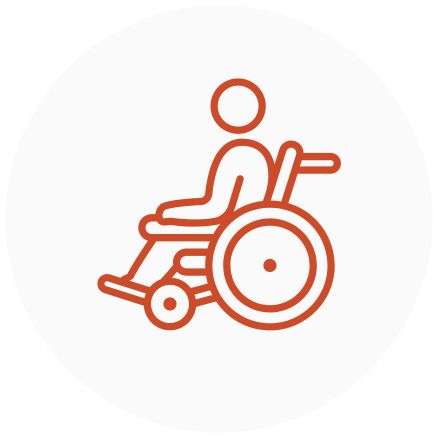
Treats acute as well as chronic conditions
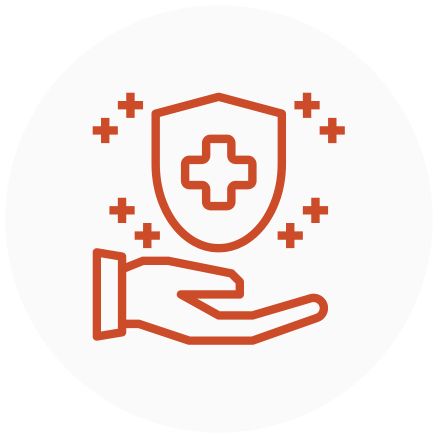
Safe and no side-effects
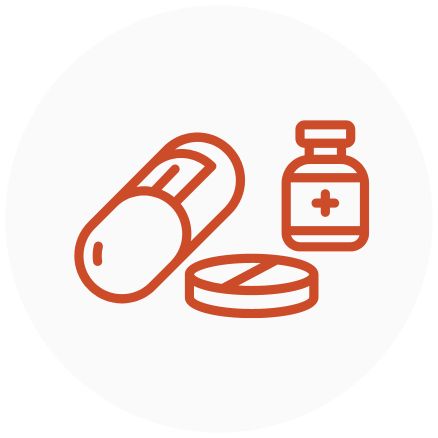
Individualized Medicine
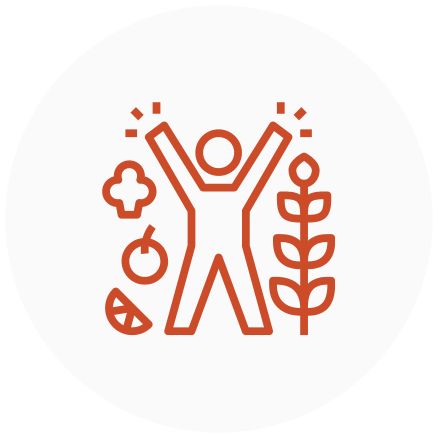
Long-lasting Relief
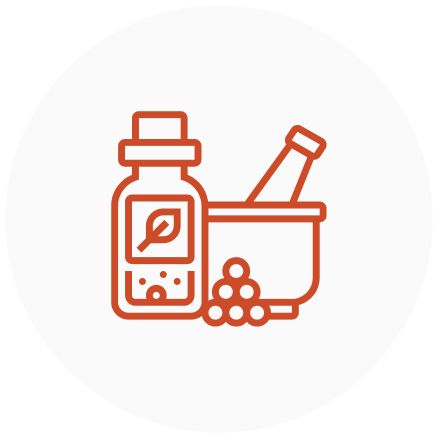
Complementary Care Along Allopathy
Afecto Homeopathy is your destination for exceptional care led by the best homeopathic doctors. Our expert team prioritizes your overall well-being, dedicating themselves to enhancing your life through innovative technology and advanced techniques. With a strong focus on transforming your health, our doctors with 30+ years of clinical experience bring you one step closer to a better lifestyle. Experience the difference with the best homeopathic doctors, and embark on a journey of healing and well-being with Afecto Homeopathy®.


















Bedwetting may be a sign of an underlying infection in a person who has not frequently wet the bed for at least six months. Some signs that there may be an underlying medical problem causing sleep disturbances are:
Changes in your frequency of urination during the day.
Bedwetting is normal and usually does not last forever. This usually goes away once children learn to control their bladder. It takes some time to control bed wetting, but it’s treatable.
This can be a very frustrating problem for anyone with unexplained nocturnal incontinence, including parents and caregivers. Some people find comfort in talking to a psychologist. Contact us to discuss any questions you may have.
Many factors are associated with the risk of sleep disorders, for example: Stress and anxiety. Stressful events such as adopting a brother or sister, starting a new school, family history or not being able to sleep at home can cause sleep disturbances which leads to bed wetting.
This usually occurs between the ages of 4 and 6 years. If your child is over 12 years old and has been wetting the bed two or more times a week for at least three months, your doctor may suspect a sleep problem.
Fiber is also important because sleepiness often occurs with constipation. Constipation pressure compresses the bladder wall, causing an undesirable condition. Wheat bran, vegetables, and adequate fluid intake go a long way toward adding fiber and fighting constipation.
Drinking water before bed will make you wet the bed. If you don’t drink enough water during the day, your bladder will produce less urine and will not be able to hold it completely at night.

We care for your wellness
Distance does not matter for cure
We are here for you whenever you need us
Explore nearby clinics and schedule your visit effortlessly.